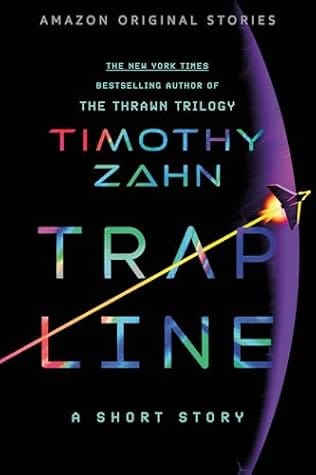The Long View: Empire
John mananged to review at least three books by the same title: Empire. This one is famous, it is the book everyone is citing, conciously or not, when they call something "imperialistic". They are also using that word incorrectly, but memes are notoriously bad grammarians.
by Michael Hardt & Antonio Negri
Harvard University Press, 2000
478 Pages, $18.95
ISBN: 0-674-00671-2
You think that globalization is just a device for smothering revolutionary potential, do you? The authors of Empire argue otherwise. One of them, Michael Hardt, is an associate professor in the Literature Program at Duke University. The other, Antonio Negri, has taught political science at the Universities of Paris and Padua. Currently, he is so ineffably progressive that he is actually being held in Rome's Rebibbia prison for the radical violence of decades past.
Empire analyzes the current world situation, reformulates contemporary Leftist theory to accommodate it, and tentatively points the way toward the overthrow of post-historic capitalism. The work is relentlessly postmodern; it connects with classical Marxism chiefly to explain why it is no longer relevant. The authors' thesis is that would-be revolutionaries are mistaken if they oppose globalization as such. Globalization really is the end of history, and there is no going back. However, the form that the globalized world is assuming, which the authors call the Empire, is a corruption of the post-historic world. The task of revolutionaries is to find where the Empire is vulnerable.
The problem is that, to use one of the authors' metaphors, the Empire is Saint Augustine's City of God. As you might imagine, it's a tough nut to crack. Like the Roman Empire, it seems to its subjects to be permanent, eternal, and necessary. It has no outside, at least in principle, and internally it distinguishes neither male nor female, Jew nor Gentile, slave nor free. It does not rest on conquest, but on consensus. The Empire is the post-historical incarnation of eternal justice. The Empire does not merely happen to exist, like a historically contingent state does; rather, the Empire must exist, at least as an ideal. It closes the gap that opened in the Renaissance between the ethical and the juridical. Its wars are just wars, police actions against opponents who can marshal no principled claims against it. No civil or military stresses remain that might threaten it; the Empire is always in a crisis, so its acts are emergency measures that trump the ordinary law of the sovereignties and corporations that comprise it.
The authors point out that the Empire is not really a state. It does indeed have state-like organs, such as the UN, the IMF, and the WTO. For that matter, it even has a tripartite anatomy. At the top of the top third is the United States, or at any rate its military and cultural power. Immediately below are the G7 countries, or rather their command of the world's money. In the middle third are the governments and corporations that carry out the routine functions of governance. In the bottom third are the NGOs, churches and other organs of civil society. These latter represent the People of the Empire, just as the middle tier represents its aristocracy and the top third the royal power. (The authors are very impressed by the description of the late Roman Republic given by Polybius in the second century B.C.)
...
The biggest single problem with this book is that the authors never clearly explain what they are trying to do. They speak of revealing "the City of Man" under the corruption of the Empire, but we hear nothing about that City's constitution. They say this City of Man will in fact see the end of the human, in the sense of an anthropology that places man above nature. They hope to pursue a wholly immanent ethics, something along the lines of Foucault's "care of the Self." They say that what they seek is a "re-total" rather than a "re-public." This language is not helpful.
The authors have had some kind words about the recent great demonstrations against the institutions of globalization, though they continue to point out the futility of opposing globalization itself. Those demonstrations were marked by contempt for free speech, public safety and human life. Quite likely, in those cosmopolitan riots, we saw what the City of Man really looks like. We can't say we were not warned.
Copyright © 2001 by John J. Reilly
Support the Long View re-posting project by downloading Brave browser. With Both Hands is a verified Brave publisher, you can leave me a tip too!

Comments ()